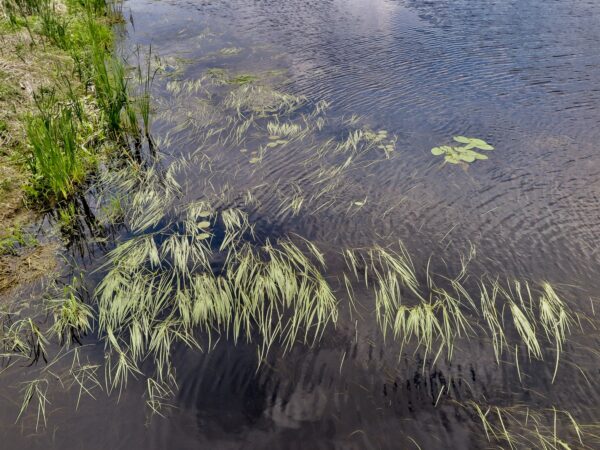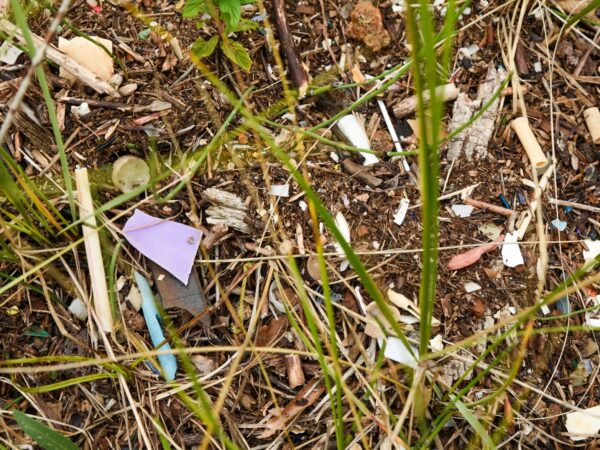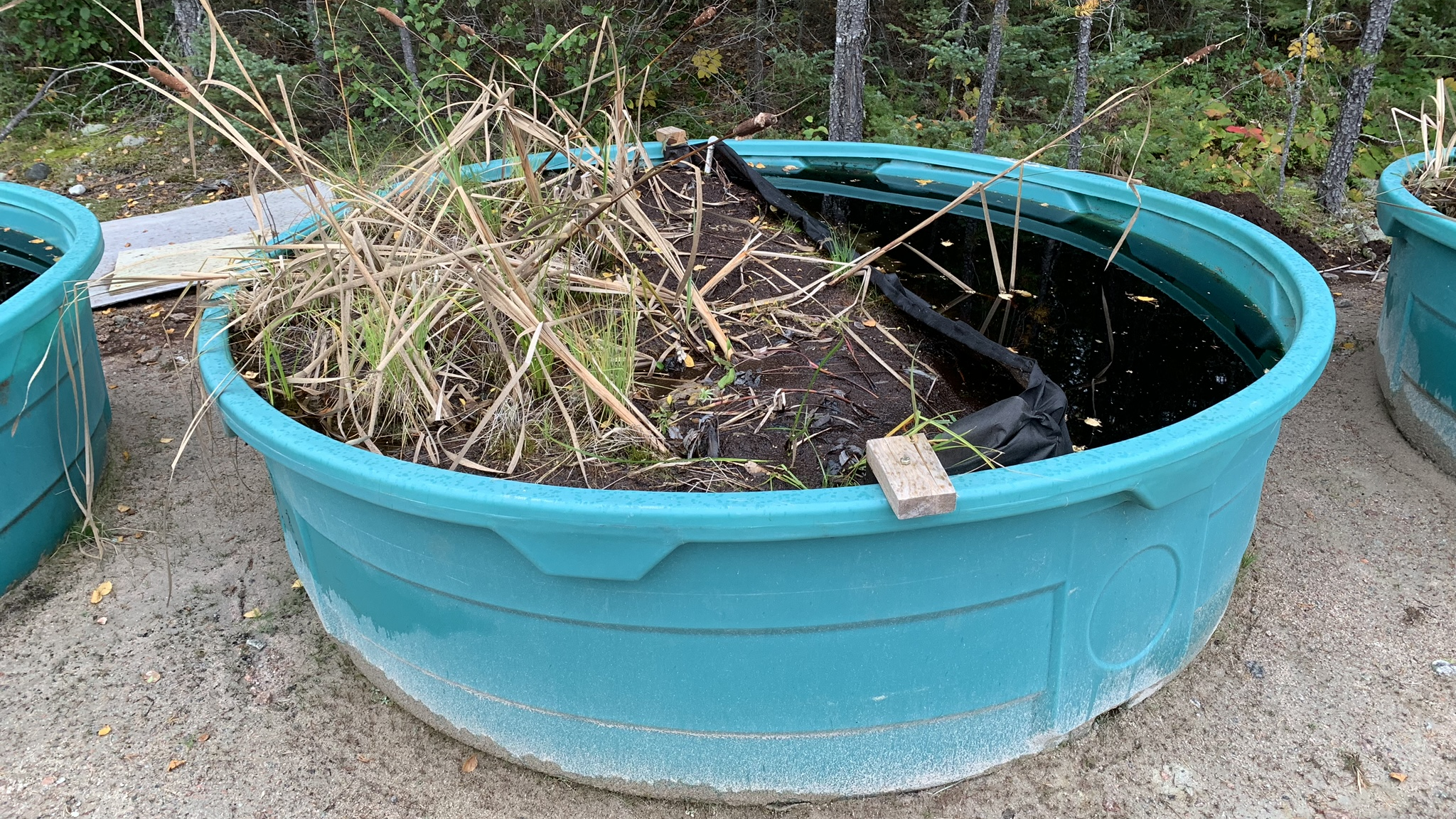
Canada’s recent legalization of recreational cannabis is the impetus behind a unique research project launched last fall to understand its potential impact on freshwater plants and animals.
The findings could also help inform policy makers in the United States – 33 states and the District of Columbia have passed laws broadly legalizing marijuana in some form.
Two of the Great Lake states – Michigan and Illinois – have legalized it for recreational use, and four others have legalized medical usage.
When we use cannabis, our bodies metabolize it into new compounds that we excrete in urine and feces. Wastewater treatment plants do not completely remove these compounds – called metabolites – and they can end up in our waterways, including the Great Lakes.
There are currently no regulations regarding the discharge from wastewater of cannabis metabolites and that worries Gregg Tomy, an analytical environmental chemist from the University of Manitoba.
“We don’t know the hazards these chemicals pose to the environment and we are uneasy about it,” Tomy said. “It’s our obligation to find out if aquatic organisms are at risk.”
He’s one of three scientists leading a project about cannabis in freshwater systems at the Experimental Lakes Area. Located in a remote region of northwestern Ontario, the site is comprised of 58 small lakes and their watersheds, set aside for scientific research.
Operated by the International Institute for Sustainable Development, the Experimental Lakes Area is the only research facility in the world dedicated to assessing human impacts on whole aquatic ecosystems.
Appreciable concentrations of cannabis metabolites found
Canada legalized cannabis in October 2018, and while use has so far stayed steady at about 4.9 million people – that’s 16 percent of the population — the drug’s metabolites were detected in wastewater even before the law changed.
In 2018, Statistics Canada researchers estimated cannabis usage patterns by analyzing concentrations of its metabolites in wastewater from major Canadian cities. They found appreciable concentrations in the waste water, suggesting that cannabis metabolites could be reaching freshwater systems on both sides of the border.
Cannabis metabolites are not psychoactive, but the limited number of studies on the primary metabolite, THC carboxylic acid, show it may still have an effect. For example, zebra mussels exposed to high concentrations for two weeks experienced DNA damage.
While that is worrying, Tomy and his team want to know what happens when concentrations are more realistic and longer lasting.
Starting small with mini model wetlands
The first stage of their research involved creating model wetlands in the Experimental Lakes Area using three open air plastic containers roughly the size of an eight-person hot tub. Each tub contains water from the nearby wetland, a small floating mat of soil and plants, plus native fish and invertebrates.
Last fall, University of Manitoba chemistry graduate student Emily Kennedy dosed two of the model wetlands with THC carboxylic acid purchased from a chemical supplier. The third, untreated wetland will allow the researchers to compare results.
They have many questions: Is sunlight breaking down the compound? Is the soil sequestering it? Are aquatic creatures absorbing it? If so, what is it doing to them and their cells?
Over the course of a month, the researchers took samples every couple of days to assess THC carboxylic acid concentrations and its effects. They hope to have preliminary results by February.
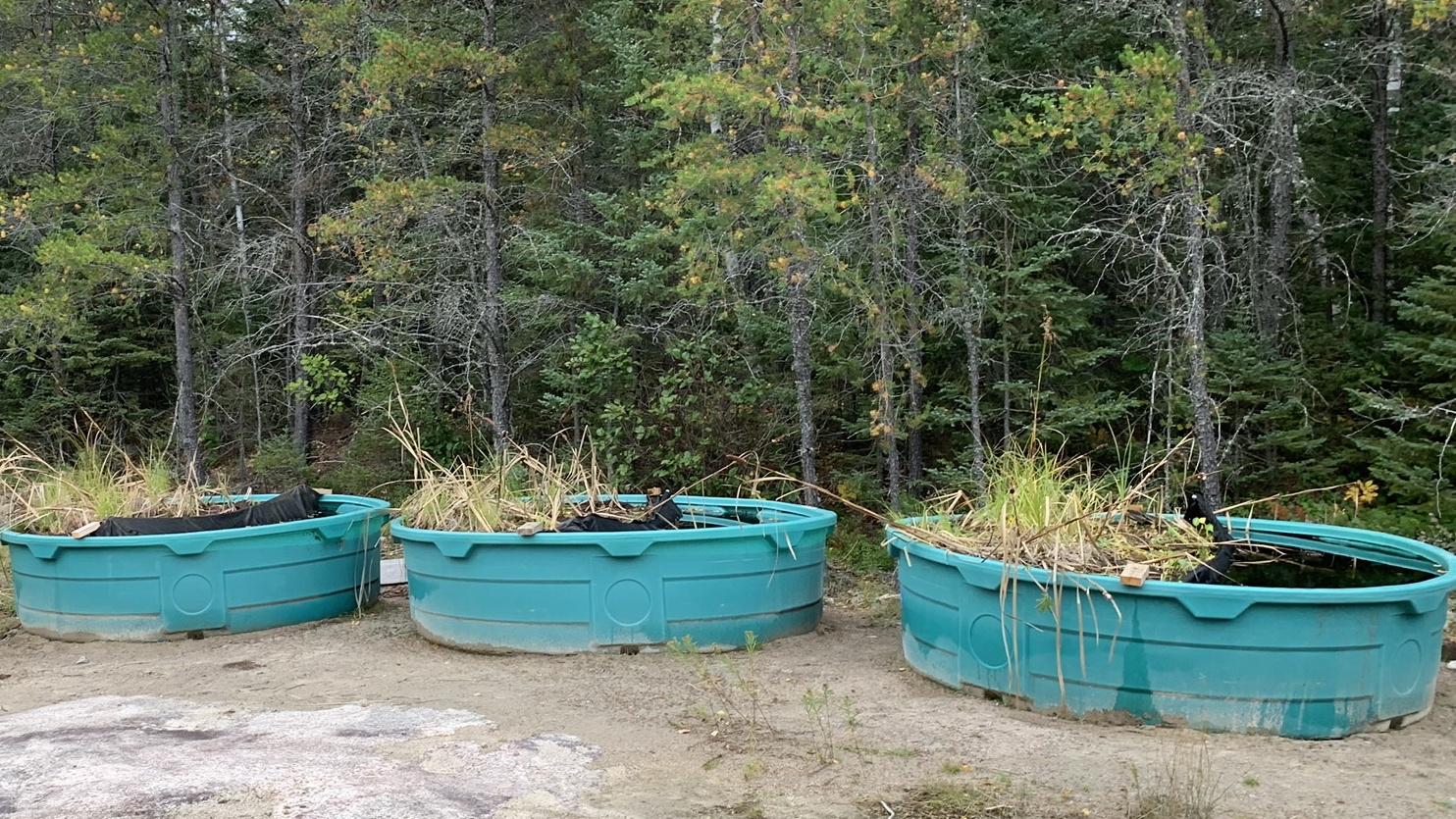
These bins at the Experimental Lakes Area in western Ontario are used for research into how marijuana use can affect freshwater systems, Photo by Sandra Svoboda
If all goes well, the next phase will involve experimenting with a larger ecosystem. Tomy has plans to cordon off a section of one of the research centre’s lakes with surface-to-lakebed plastic sheeting before adding THC carboxylic acid. He and his team also hope to test the city of Winnipeg’s wastewater treatment plant to see how well it removes the drug’s metabolites.
Research in the lab using UV disinfectant and chlorination – standard wastewater treatment processes – shows up to 75 percent of THC carboxylic acid is removed, said Graham Gagnon, who heads up the Centre for Water Resource Studies at Dalhousie University in Halifax, Nova Scotia.
But those results come with a caveat. Much depends on concentrations of bacteria and heavy metal in wastewater, which can reduce the system’s ability to remove THC carboxylic acid.
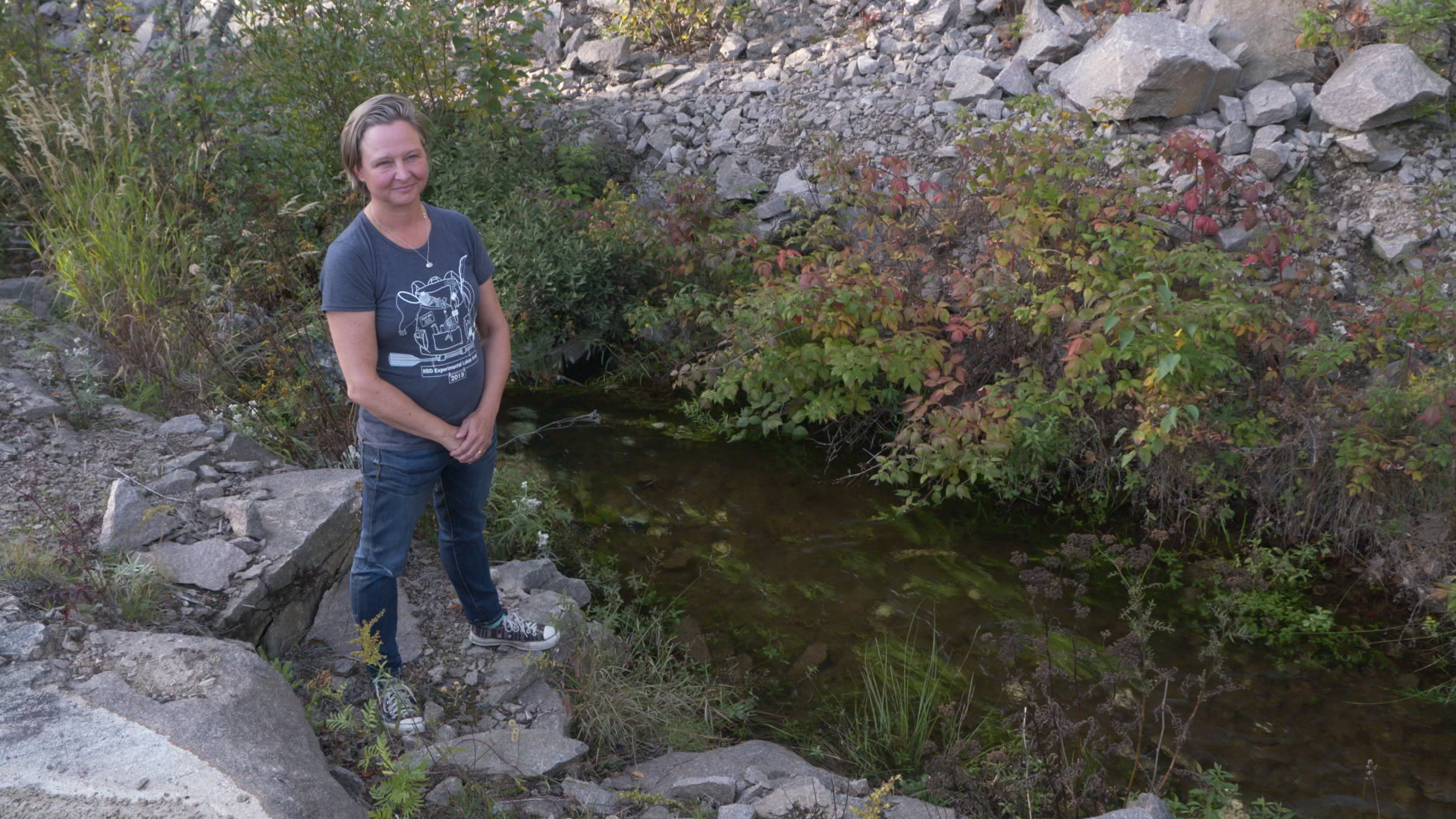
Pauline Gerrard, Deputy Director, IISD Experimental Lakes Area, Photo by Rob Green
“What you can accomplish in a lab is one thing. Reality is another,” said Gagnon.
The ELA’s deputy director, Pauline Gerrard, said the cannabis metabolites project is a good example of how the research facility tries to respond to both public and government concerns.
“We’ve tried to really open our doors and be very aware of the conversations that are happening around North America about freshwater,” she said.
Featured Image: At the Experimental Lakes Area in western Ontario, researchers are looking into how marijuana use affects freshwater systems, Photo by Sandra Svoboda
6 Comments
-
Oh good grief people, cannabis metabolites are inert.
-
Cannabis is a very water-intensive plant, and its legal and illegal cultivation on a large scale easily results in water depletion.
-
I have found one of the best pieces of content on the internet “Weed in the Water: How does cannabis use affect our freshwater ecosystems?” Really We don’t know the hazards these chemicals pose to the environment and we are uneasy about it,” Tomy said. “It’s our obligation to find out if aquatic organisms are at risk?
-
I have found one of the best pieces of content on the internet, Can you tell me the benefits of cannabis?
-
Really its a great and informative article on cannabises. Thanks for sharing it. https://hcp.ca/
-
The fact that cannabis metabolites from our bodies can end up in waterways, including the Great Lakes, is a cause for concern. I appreciate the proactive approach of scientists like Gregg Tomy, who are leading the research project to understand the potential hazards these chemicals may pose to the environment. It’s essential for us to be aware of the unintended consequences of our actions, even in areas we might not initially associate with such impacts.



